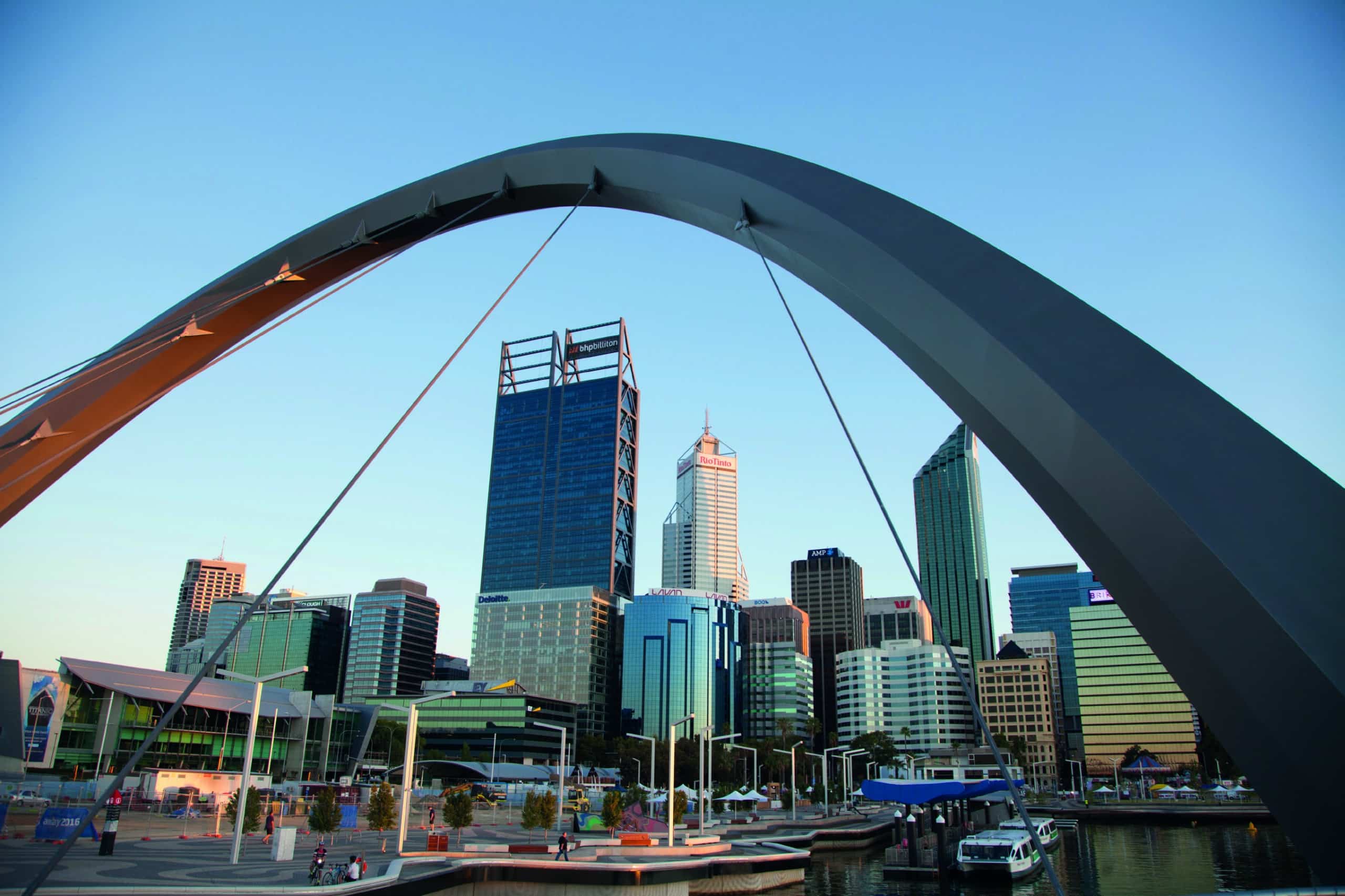Premier Mark McGowan and Treasurer Ben Wyatt paid tribute to business for their help and support in getting the State’s finances back on track at today’s CCIWA 2019-20 State Budget Breakfast.
The mood was upbeat as more than 650 business leaders and politicians turned out to hear from WA’s top politicians one day after handing down the first State Budget surplus in five years.
McGowan said getting the State’s books back in the black had not been easy and required a disciplined approach to spending.
“We have had to be very strategic in the way we invest money to create jobs and meet needs and demands, and also keep our eye on the fact that the State’s debt was unsustainable,” he said.
“A surplus this financial year, this year right now of more than $500m. A surplus across the forward estimates of between $1.5b and $2.5b a year, in each of the years across the forward estimates of that magnitude.
“We are the only Government in Australia that has debt going downward across the forward estimates. We have contained spending growth to 1.3 per cent per annum across the forward estimates.”
McGowan thanked businesses and CCIWA for their support in securing a better GST deal for WA.
Wyatt said WA always needed a reasonable surplus due to the vulnerability of its revenue base, which is heavily reliant on mining royalties and impacted by exchange rate fluctuations.
“Surpluses aren’t spare cash. It’s always been an issue where surplus money suggests it’s something that’s not needed. That is what we use, of course, to fund our own capital investment in schools, roads, hospitals and what we use to retire debt as well,” he said.
“Wyatt said a return to growth in business investment in 2019-20 after falling since the peak of the boom would drive employment and economic growth.
He said the Government’s asset investment program would increase over the next four years to $23b after a period of decline, including $4b for rail and $4.2b for roads.
Wyatt said road projects were quick to get underway, but rail projects took longer due to business case requirements and planning when it is co-funded with the Federal Government.
During Q&A with CCIWA Chief Economist Rick Newnham, Wyatt said conditions were not yet ripe for raising the payroll tax threshold, despite calls from CCIWA that it is a tax on jobs and WA has the highest payroll tax burden of any state in the country.
“We do need to be rolling out a bit of stimulatory activity at a state level, also because the Commonwealth has been throwing a bit of money around and we have had to match some of those,” Wyatt said.
“Once you get back to being comfortable in your surplus position, I think that is when you start considering those things.”
Growth of WA’s lithium industry was “extraordinary”, Wyatt said, and had added 4000 jobs to mine sites since 2014.
“Lithium royalties paid to the State are now projected to increase eightfold, from $24m in 2016-17 to $202m by the end of the forwards. Lithium is an incredible story.”
Wyatt thanked the business sector and CCIWA for their efforts and support in what had been a difficult few years.
CCIWA CEO Chris Rodwell told the breakfast that WA bats far above average in its contribution to the country and congratulated the State Government for its financial management to return the books to surplus.
“We make up just 11 per cent of the population yet we account for nearly half of Australia’s merchandise exports so when we do well, so does the rest of the nation,” he said.
► Read CCIWA’s full budget analysis here.












